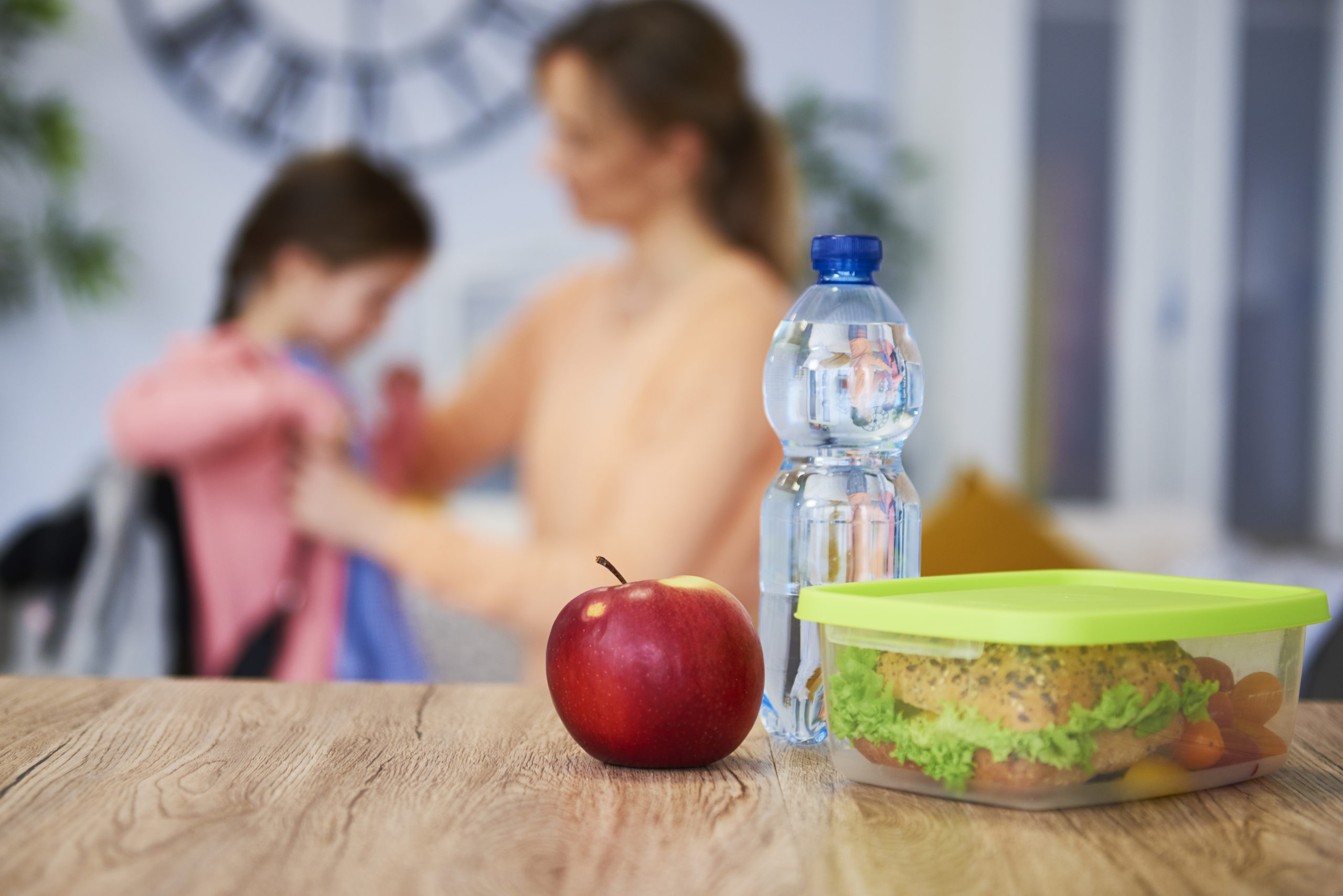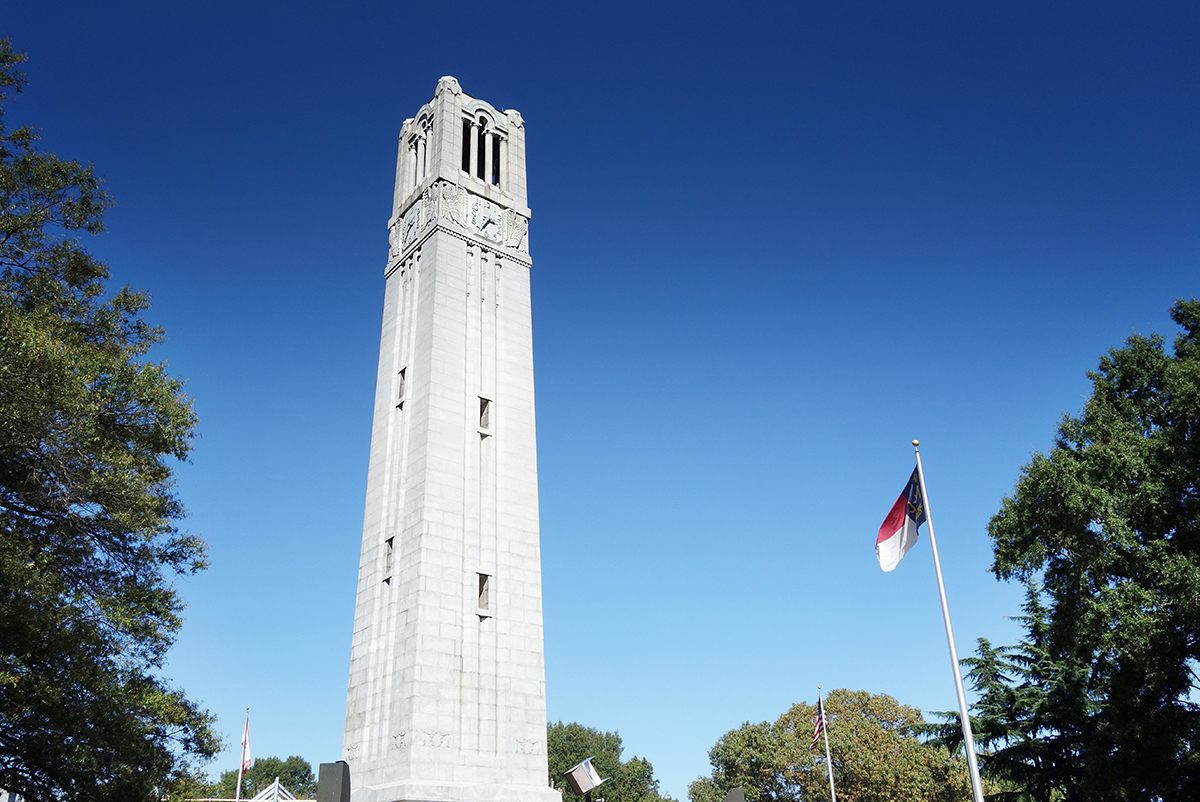
ASHEBORO — It’s the time of year to begin thinking about back-to-school clothing, shoes, and supplies. But don’t forget that special school lunch box. Children have a lot of high-tech options when it comes to packing their lunch. The choices go well beyond the typical lunch box of yesteryear containing built-in food safety features, thermoses, spaces to slip in frozen gel packs and pockets for utensils and wet wipes.
For parents, a more important topic on school lunches is what’s actually in the lunchbox to eat. Parents are used to hearing children talk about trading items in their lunchbox for something they find more appealing. Parents sometimes feel helpless and give into prepackaged foods that cost more to get kids to eat. There is a way to make your child’s lunch the one that other kids envy and one that your child is sure to enjoy. The key is to enlist your child’s help in both choosing the foods for lunch and preparing them. Be careful not to give too many choices. Set parameters for the choice, such as “would you like a banana or grapes?” or “How about peanut butter and jelly or a tuna sandwich?” Plan ahead and keep the lunches interesting and varied.
The American Dietetic Association recommends that parents pack meals that are easy to prepare, fun to eat, healthy, safe and nutritious. For example, sandwiches, raw vegetables – carrots, celery, cucumbers – whole fruit, string cheese and yogurt are all nutritious and easy to prepare and eat. Once in a while it is okay to pack a couple of cookies and even some chips as active kids need the extra energy in these foods.
Just as breakfast gets you through the morning, lunch keeps you alert through the afternoon. Hungry kids have trouble concentrating on schoolwork and may not be able to perform at their highest levels. A good lunch includes four parts: bread/cereal, fruits and/or vegetables, protein, and a beverage, preferably milk for children. Dessert is optional, but when included, could be a piece of fruit. Always include one or more servings from each group. If kids do not purchase milk at school, substitute another calcium source such as cheese or yogurt for their growing bones.
Always practice food safety when packing lunches. Keep hot foods hot and cold foods cold. That means hot foods should be kept at a temperature no lower than 140 degrees F. and cold foods should be maintained at 45 degrees F or lower. There are several types of containers that will help keep food cold, such as an insulated lunch box, freezer gel pack or an insulated bottle. An insulated lunch box will keep both cold food cold and hot food hot, however when packing a lunch containing cold foods, it is good to include a freezer gel pack, bag of ice cubes, or other cold food items like frozen juices or water bottles. An insulated bottle keeps the heat in such foods as soups and stews. First fill the bottle with boiling water and wait for several minutes. Empty the bottle and add hot food. Keep the bottle closed until time to eat.
Having a plan can help you transform a bland lunch into something worth digging into. Variety is essential so use different types of bread, condiments, proteins, and vegetables. If your child likes salads, add protein by including leftovers from last night’s entrée. Reimagine peanut butter sandwiches by adding slices of bananas, honey, sliced apples or pretzels.
Don’t forget to include healthy foods. To ensure that your child gets necessary calcium, pack cheese cubes, string cheese, cottage cheese or pudding. To lower calories and carbs, try hummus or other bean dips with crackers or pita chips. Encourage milk or water to drink.
To let the meal carry over into your child’s attitude and enthusiasm at school, include something fun like a sticker, a funny cartoon, riddles, or even a coded message. Finally to avoid the morning rush, pack meals the night before and refrigerate.
Jeannie Leonard is a Family & Consumer Sciences Extension Agent with the N.C. Cooperative Extension Service.



